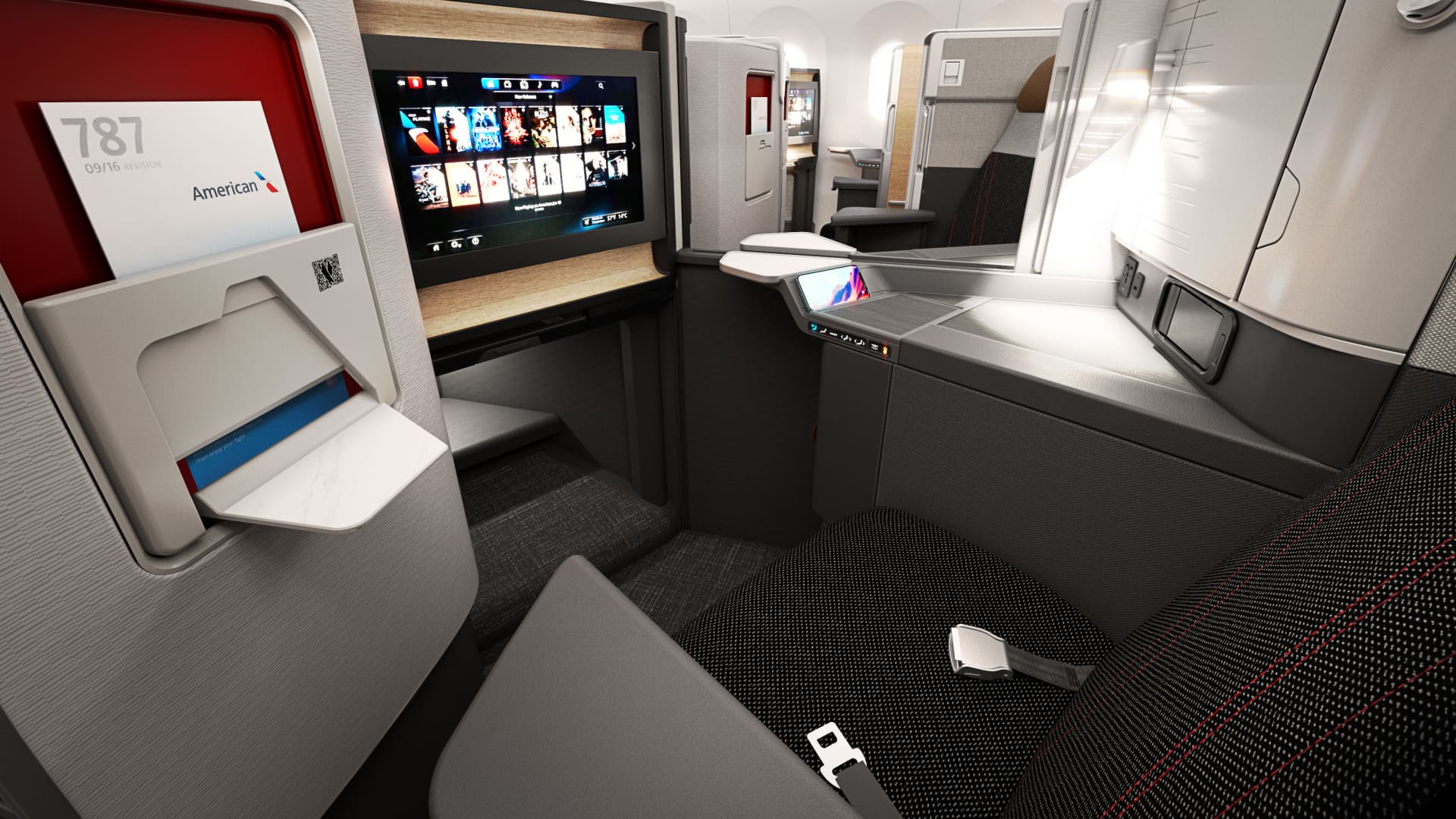US Markets
Monday, July 8th, 2024 4:53 pm EDT
Key Points
- Rising Costs vs. Record Demand: Despite record air travel demand and revenue forecasts, U.S. airlines are struggling with profitability due to higher labor costs and operational challenges such as delays in receiving new aircraft and engine recalls.
- Increased Capacity and Lower Airfares: Airlines have increased their capacity by 6% in July compared to the previous year, which has helped keep airfares stable or reduced. This capacity expansion, however, has led to weaker sales projections and significant stock market underperformance for the airline sector.
- Strategic Adjustments and Forecast Revisions: In response to these challenges, some airlines have revised their financial forecasts downwards and are implementing strategic changes. This includes cutting unprofitable routes, optimizing premium services, and introducing bundled fares. Major carriers like Delta, United, and Alaska are seen as better positioned due to their stronger earnings and free cash flow, while others like American and Southwest face pressure to adapt their business models.
Despite a record surge in summer air travel demand, U.S. airlines are struggling to translate this into profits due to higher costs and operational challenges. While some airlines have predicted record demand and revenue, elevated labor and other expenses have significantly impacted their profitability. Many carriers have slowed hiring in response to slower demand growth and are also grappling with delays in receiving new, more fuel-efficient aircraft from manufacturers Airbus and Boeing, compounded by a recall of Pratt & Whitney engines grounding numerous jets.
Despite these challenges, U.S. airlines have increased their capacity, offering about 6% more seats in July than the previous year. This expansion has helped keep airfare prices stable, but airline stocks have lagged behind the broader market. The NYSE Arca Airline Index, which tracks 16 U.S. airlines, has dropped nearly 19% this year, contrasting sharply with the S&P 500’s 16% rise.
Analysts predict an uncertain third quarter for airlines, with factors such as potentially weaker spending from economy-class travelers, the Paris Olympics affecting European bookings, and fluctuating corporate travel demand contributing to the ambiguity. Travelers opting for earlier trips in late spring and early summer further complicate the demand forecast for late summer.
Delta Air Lines is anticipated to lead the pack in upcoming quarterly results, benefiting from its successful marketing of premium seats and a lucrative partnership with American Express. However, Delta’s projected quarterly adjusted earnings are expected to fall short of last year’s figures. Other analysts favor Delta, United Airlines, and Alaska Airlines, citing lower earnings risk and better free cash flow among these carriers. While Delta and United shares have each risen about 14% this year, Alaska’s shares have slightly declined by 2%.
Airfare reductions have been significant, with increased flight schedules both domestically and internationally, particularly to Europe. Hopper reported that average summer flights between the U.S. and Europe were cheaper in June compared to the previous year, aligning with a general trend of decreasing airfare, which fell nearly 6% in May from the prior year.
Some airlines have revised their financial forecasts due to weaker-than-expected sales. American Airlines, for instance, lowered its second-quarter revenue and profit projections, attributing this to an imbalance in domestic supply and demand. Similarly, Southwest Airlines reduced its forecast, citing shifting demand patterns. Southwest is under pressure to adapt its long-standing business model in response to competition from rivals that have seen growth in premium cabin sales.
Efforts to adapt are also seen in carriers like JetBlue Airways and Frontier Airlines, which are making strategic changes to address profitability issues. JetBlue has been cutting unprofitable routes and optimizing its high-end Mint business cabin services. Frontier and Spirit Airlines have eliminated change fees for standard coach tickets and introduced bundled fares to include add-ons that were previously charged separately. Spirit, facing the repercussions of a blocked merger with JetBlue and an engine grounding affecting its fleet, has warned of potential pilot furloughs and denied rumors of considering bankruptcy despite looming debt repayments.
In summary, while U.S. airlines are experiencing unprecedented passenger volumes, their profitability is hindered by increased costs, operational delays, and strategic challenges, necessitating adaptations to maintain competitiveness and financial health.
For the full original article on CNBC, please click here: https://www.cnbc.com/2024/07/08/airline-travel-demand-profits.html




